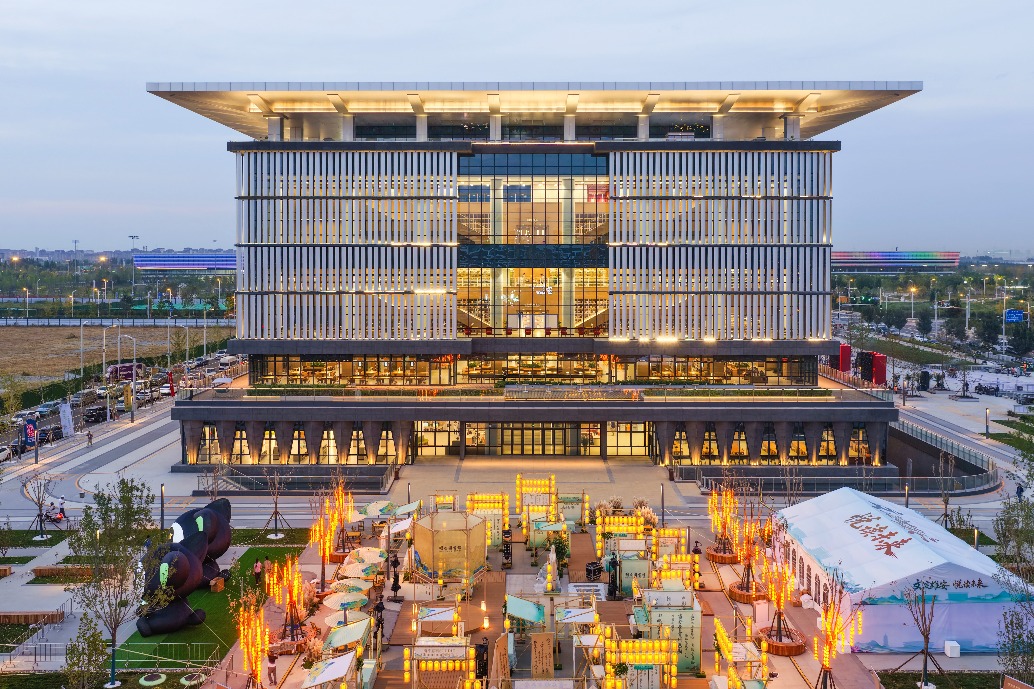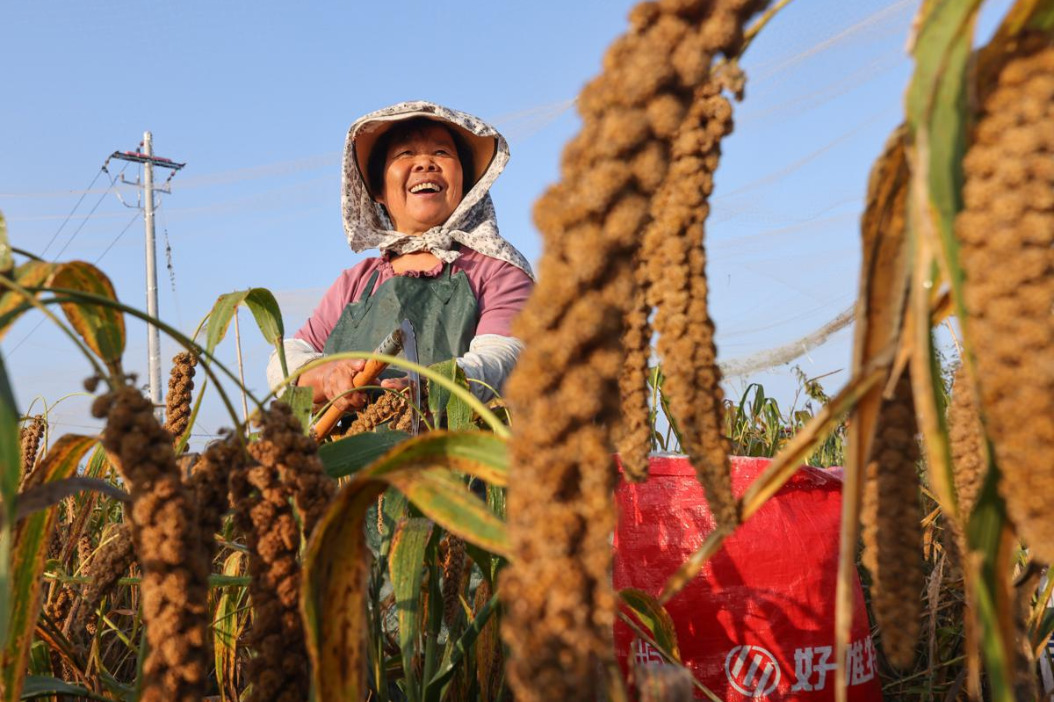China Focus: Chinese researchers uncover key mechanism triggering organ formation in embryos

NANJING -- Chinese researchers have identified a crucial signaling region in early mammalian embryonic development, providing essential theoretical insights to address congenital disorders such as heart defects and to advance regenerative medicine, according to a study published Wednesday in the journal Cell.
During early mammalian development, clusters of embryonic cells determine the formation of vital organs such as the heart, lungs and liver, a process central to life sciences research.
To uncover the origins of organ malformations, a team led by Lin Chengqi, a professor at Southeast University, performed single-cell spatial omics analysis on mouse embryos, mapping the dynamic process of organ formation.
Their work revealed a primordium determination zone, a critical region where early organ primordia, the first rudimentary structures of developing organs, emerge during embryonic development.
"Spatial omics acts like a cellular GPS, simultaneously tracking spatial position data and gene expression profiles," explained Lin, noting that his team spent six years constructing full digital embryos at single-cell resolution and analyzing gene expression in over 100,000 cells.
They found that when mouse embryos develop to 7.75 days, a unique signaling domain appears at the embryo's inner-outer boundary -- the primordium determination zone.
This zone expresses multiple receptor signaling genes, creating a unique microenvironment capable of integrating multi-germ layer regulatory inputs to coordinately drive the development of cardiac and foregut primordia.
These microenvironmental signals are subsequently translated into selective gene expression programs that initiate the formation of the heart and other organ primordia.
"The discovery confirms that disruptions to this zone's microenvironment, whether genetic or environmental, during this sensitive developmental phase can lead to malformed organ primordia," said Luo Zhuojuan, a professor at the university.
She emphasized that the research offers unprecedented single-cell-level insights into the timing and spatial positioning of organ development, helping to prevent birth defects and opening new avenues for studying organ regeneration and the origins of cancer.
- China Focus: China's intelligent river governance draws global attention
- Major cultural landmark opens in Xiong'an New Area
- Intl fishing competition attracts 1,200 athletes from 21 countries
- Across China: Climate change in China's arid northwest draws academic, public attention
- China Focus: Chinese scientists propose excess 40Ar in lunar soil possibly from Earth wind
- Chinese team achieves breakthrough in multiple drone flight against challenging winds




































